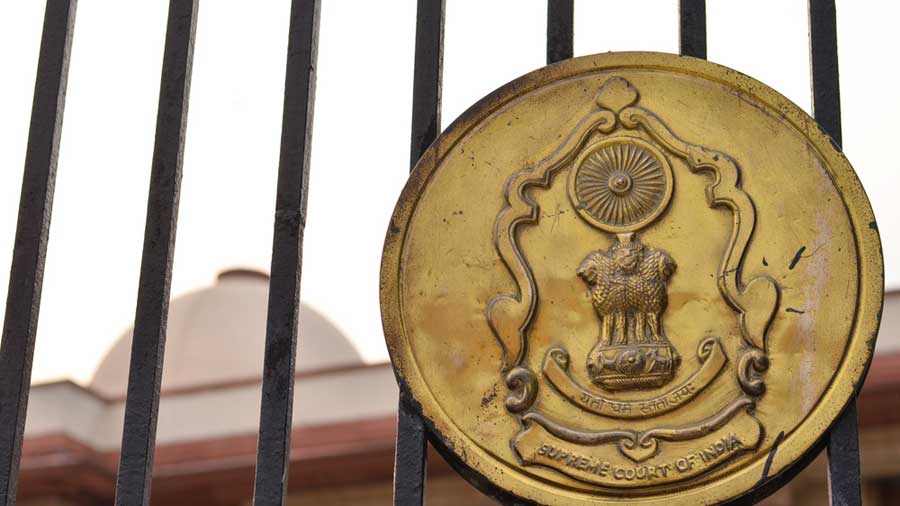The Supreme Court did not stay the NCLAT order that had mandated the revival of cable company Incab Industries instead of sending it for liquidation.
Kamla Mills, one of the top financial creditors of the ailing company, and Shashi Agarwal, who was removed from the position of the resolution professional (RP) of Incab by the appellate authority, had moved the apex court challenging the June 4 order of National Company Law Appellate Tribunal (NCLAT).
Even as the appellants pressed for the stay of the NCLAT order, Justice Navin Sinha and Justice Sanjiv Khanna of the apex court did not grant it but agreed to hear the matter.
Advocates representing some workmen from Jamshedpur and Calcutta said the bench had observed that the NCLAT had passed a reasoned order.
Rishav Banerjee and Akhilesh Srivastava, who represented workmen of Incab headquarters in Calcutta and its plant in Jamshedpur, respectively, opposed the prayer of a stay and pressed that the resolution process should continue.
The NCLAT had directed that the Calcutta Bench of the National Company Law Tribunal (NCLT) appoint a new RP who would collate all the claims submitted by the creditors and form a committee of creditors. However, Kamla Mills and one Fasqua Investment Pvt Ltd would not be part of the CoC.
The NCLT, Calcutta had ordered liquidation of Incab, which was set aside by the NCLAT.
Kamla Mills, which was represented by senior advocate Mukul Rohatgi on Monday, had claimed that Incab owed Rs 1,554 crore to it. Kamla Mills was part of the CoC with a little over 77 per cent vote share. Fasqua had a 13.28 per cent vote share in the CoC.
Kamla Mills argued that its appeal would be rendered futile without a stay as the revival process would continue without it being part of the CoC.
Advocates of the workmen had argued before the NCLAT that Kamla Mills and Fasqua Investment are ‘related parties’ and they should not be part of the CoC.
The appellate authority had observed that the RP had formed the CoC without verifying the claims of financial creditors. The CoC had then voted in favour of liquidation of the company, which was later approved by the NCLT, Calcutta but overturned at the NCLAT.











